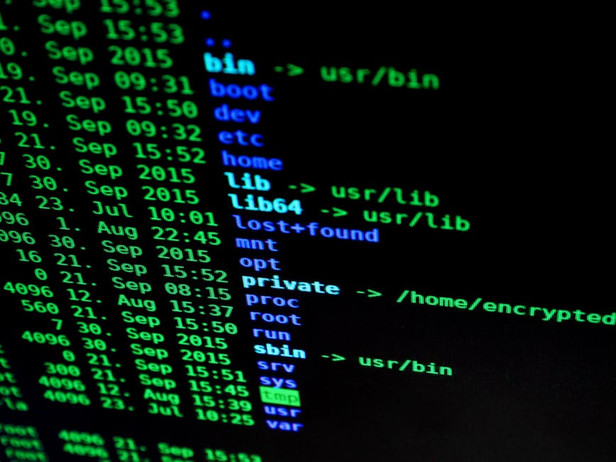
Here Is Some Computer Security Info You Need
Posted by Team Recompute on 12th Nov 2019
The first large-scale computer virus outbreak started as a prank by a 15-year-old boy in 1981.
Since then, there have been a number of malicious attacks that have cost individuals and businesses millions of dollars.
Whether you're a casual web browser or operate an online business, putting these tips to use will help you protect your most valuable assets.
Keep reading to learn some computer security info so you can browse safely.
1. Use a Variety of Passwords
It's easy to use the same password for every account and website you have. However, that also makes it easy for a hacker to get into every account since all they need is one password.
You'll also want to use different usernames for various websites. That way, even if you do have the same password in place, a hacker will also have to guess your username, making it more difficult to get into your accounts.
2. Add Two-Factor Authentification
Whenever possible, add two-factor authentification to an account. If someone does get ahold of your login information, they still won't be able to get into an account without additional information or without using another device you have.
3. Lock Your Phone
Many smartphones, including the iPhone, allow you to skip using a passcode every time you want to open your phone. While it's certainly more convenient to open your phone without putting in a code, it can also be dangerous.
When someone has your phone, they also have access to everything you're logged into on it. At a minimum, this includes your email account which they can use to change your passwords and get into all of your secure accounts.
4. Use a VPN
VPN stands for virtual private network. It allows you to safely browse the internet from anywhere by protecting your information from others on the same wi-fi network. This makes it particularly useful when using any shared wi-fi.
5. Have a Disposable Email Address
Although you likely already know not to open suspicious links in emails or on websites, it's also a good idea to take things a step further and have a disposable email address in place.
Use this when you're not completely sure about the security of a website. Then, once you trust it, you can sign up for an account using a permanent email address.
Or, if a site proves to be dangerous, you can safely delete your disposable email address and get a new one.
6. Don't Save Passwords in Browser
Another convenience that can be dangerous is saving passwords and other login information in your computer's browser. This information can potentially be accessed by any program which includes malware, so keep it off your computer.
Instead, consider using a third-party program that can save passwords for you on your computer itself rather than online where anyone can get to them.
7. Regularly Clear Your Cache
Your browser will automatically save a lot of information in the cache. This could include your email address, home address, phone number, or more. To keep this information out of the wrong hands, be sure to regularly clear your cache.
Want More Computer Security Info?
Now you know seven ways you can protect your information to stay safe while working or browsing online. Although it may seem overwhelming, avoiding the multitude of malware that's out there is worth the extra effort.
For more computer security info, be sure to check out our blog post on parental controls. These will help keep your kids safe so they can gain the benefits of getting online while avoiding the risks.
